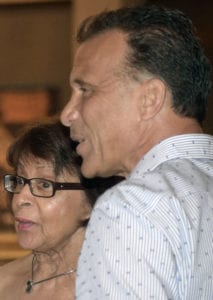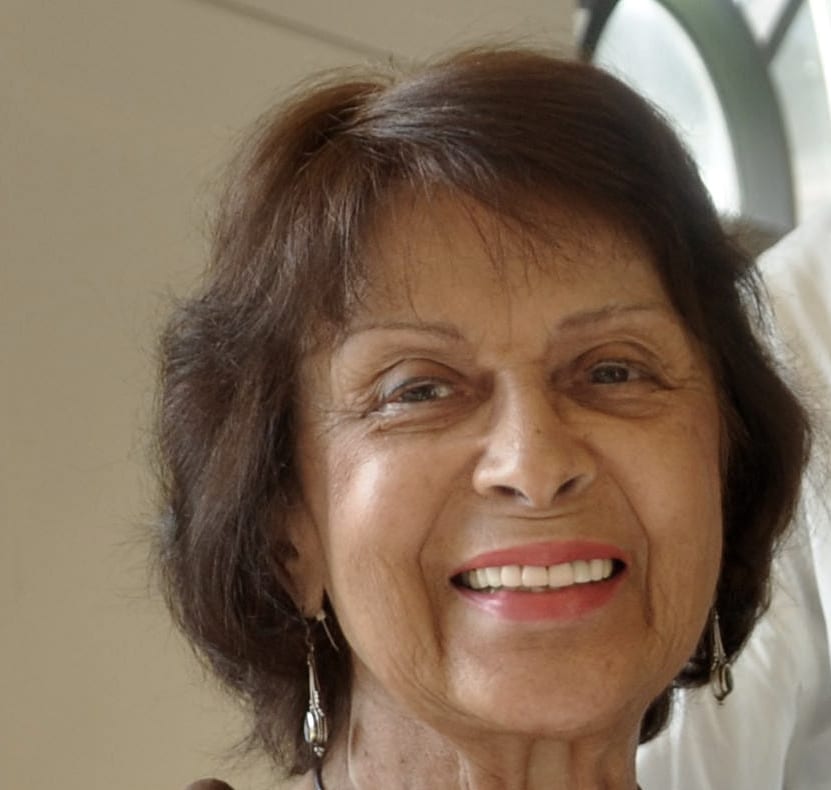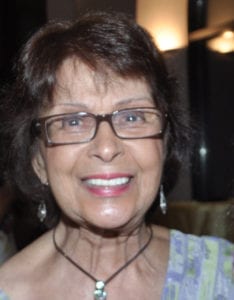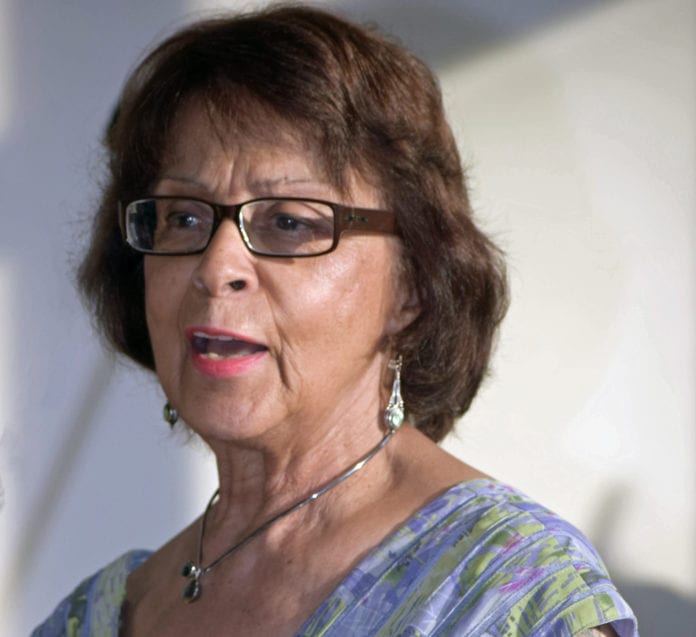Trailblazing academician Dr. Miriam DeCosta-Willis believed that education was a tool that positioned one “to give back.”
Surrounded by her family Thursday morning at 5:30, Dr. Mariam DeCosta-Willis died peacefully at her East Memphis home. She was 86.
University professor and author, Dr. DeCosta-Willis was born Nov. 1, 1934, in Florence, Alabama to educators Beautine and Frank DeCosta. She grew up in the South, but graduated from Westover School in Connecticut and received a B.A. degree, Phi Beta Kappa, from Wellesley College, in Wellesley, Massaschusetts, as well as masters and doctorate degrees from Johns Hopkins University in Baltimore.
Prior to attending Johns Hopkins University, she applied to Memphis State University (now the University of Memphis), to begin work on her masters degree, but MSU did not accept African-American students.

“Both she and (the late) Maxine Smith (renowned educator and civil rights icon) were turned down,” said Municipal Court Judge Tarik Sugarmon, Willis’ eldest child. “But Mother graduated Phi Beta Kappa from Wellesley. She should have been admitted.
“Instead, she came north to Johns Hopkins University, earning both a masters and a doctorate in two years. Earning both a masters and doctorate should have taken five years. She became the first African-American woman to earn a degree from Johns Hopkins, and the third African American.”
In her 40-year career in education, she taught at LeMoyne and Owen Colleges ( and later, at the merged institution for a decade). She blazed a distinguished trail in history as the first African-American faculty member at Memphis State University in 1966, the university which had rejected her as a student only a decade earlier.
Later, Dr. De-Costa-Willis would chair the Department of Romance Languages at Howard University in Washington, D.C.
The accomplished academician also was named Commonwealth Professor of Spanish at George Mason University in 1989, and was director of Graduate Studies in the Department of African American Studies at the University of Maryland, Baltimore County, from which she retired in 1999.
Sugarmon reflected on the “wonderful memories and legacy of giving” left by his mother.
“In a conversation I had with her just recently, I got the opportunity to say how much I appreciated that she never gave up on her children,” Sugarmon said. “She never discouraged us from any endeavor. She never said, ‘You can’t do it.’ Mother would say, ‘You have the strength and education to do it.’
“But two things she insisted on: that we prepare and that we give back to help others.”

Dr. DeCosta-Willis was an activist throughout her life. She organized a student protest at Wilkinson High School and joined her mother in the Montgomery Bus Boycott. She was jailed several times in Memphis, along with other activists, for participating in civil rights demonstrations. Willis also organized and led a boycott of Memphis Public Schools during her civil rights activism.
On December 14, the University of Memphis staged an unveiling ceremony of a marker in front of Jones Hall, renaming the building for her.
“She was unable to be there herself, but Dr. Willis saw the unveiling live,” said Linda Hall, Dean of Minority Affairs. “It was really cold that day, but her son, Judge Tarik was there with other members of the family to witness the event. It was past time and due time that the university honored Dr. Willis. She was able to call in and offer words of acceptance. I’m so happy she was still here to see that day.”
Sugarmon said his mother grew up on college campuses and was raised to believe in education.
“Her grandfather taught at Alabama State, and the family later moved to South Carolina State where he taught as well. In Atlanta, she grew up on the campuses of Morehouse and Spellman. That love for education was passed down to us from both my mother and father.”
In 1955, she married Russell Sugarmon Jr., a civil rights attorney, and they had four children. Later, she married A.W. Willis Jr., an attorney, businessman and the first African American elected to the Tennessee Legislature since Reconstruction.
“It was more than 50 years after Dr. Willis came to this campus that we honored her,” said Hall. “There was no place on campus to acknowledge her contributions to the university. The renaming of Jones Hall was part of an initiative launched by President David Rudd.
“It was during that period of awakening when the world watched George Floyd lose his life that our president realized that this university must be a beacon of racial harmony and reconciliation.”
Dr. DeCosta-Willis was co-founder of the Memphis Black Writers’ Workshop, and a prolific and noted author of eight books, including: “Blacks in Hispanic Literature,” “Erotique Noire,” “The Memphis Diary of Ida B. Wells,” “Daughters of the Diaspora,” and recently, “Notable Black Memphians.”

A columnist, lecturer, consultant and visiting scholar, she was chair of the Tennessee Humanities Council, associate editor of Sage: A Scholarly Journal of Black Women, and editorial board member of the Afro-Hispanic Review.
Family friend Lois Williams has known the Willis’ children for 33 years.
“I live in Midtown, right across the street from Elena,” said Williams. “Elena called me last night and said that her mother was not doing very well. I reminded Elena of how many wonderful memories she had with her mother. Every year, Dr. Willis would take her children and grandchildren on vacation.”
Sugarmon recalled growing up that he never knew his parents were public figures. They were just “ordinary people to us.”
“My mom and dad were very unassuming,” said Sugarmon. “We just remember going out in public with them and everyone being so kind and gracious. Mother loved mentoring young scholars and teaching young people. She relished every moment in academia.
“Mother left behind blessings for us that we will share with others,” said Sugarmon. “We loved her dearly, and we knew she loved us.”
Director Andre Jones at R.S. Lewis Funeral Home has charge of final arrangements. Services are pending at this time.




